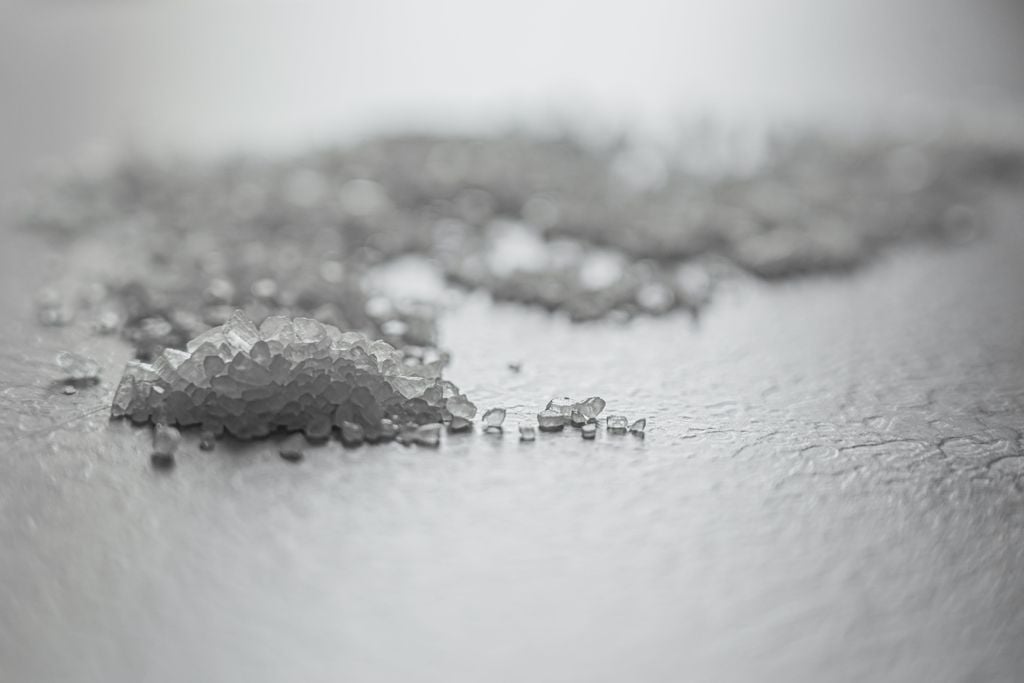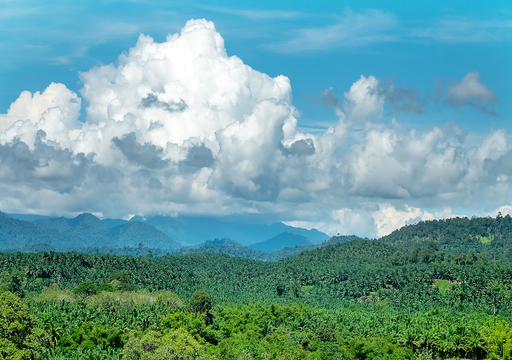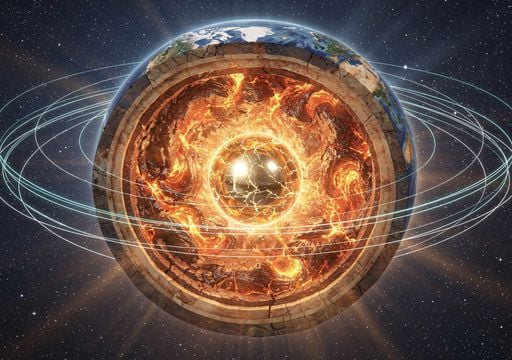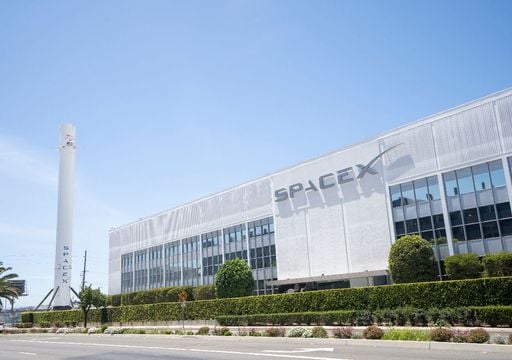Global Salt Crisis: Human Activities Disrupting Earth's Salt Cycle, Threatening Ecosystems and Freshwater Supplies
As salt demand soars, human actions are disrupting Earth's salt cycle, affecting ecosystems and freshwater supplies, warns a groundbreaking study. The planet faces a growing existential threat.

The demand for salt has skyrocketed in the last century, causing Earth's air, soil, and freshwater to become saltier due to human activities. A recent scientific review, led by University of Maryland Geology Professor Sujay Kaushal, highlights that this trend could pose an "existential threat" to our planet.
The Anthropogenic Salt Cycle
Geologic and hydrologic processes have naturally brought salts to the Earth's surface over millennia. However, human activities, including mining, land development, agriculture, construction, and road treatments, have rapidly accelerated this natural "salt cycle."
Earth's air, soil & freshwater are getting saltier due to widespread use of salts in food, construction & industry
— Nature Reviews Earth & Environment (@NatRevEarthEnv) November 1, 2023
A new Review by @SujayKaushal et al. outlines the anthropogenic salt cycle & its environmental consequenceshttps://t.co/VllXaGx6GH
Free: https://t.co/pdroaXmCgi pic.twitter.com/CDLReMVsmm
Collectively, these processes create the "anthropogenic salt cycle," significantly impacting the global concentration and cycling of salt.
Soil Salinization
While many think of sodium chloride (table salt) when they hear "salt," the study emphasizes that various salt ions, such as calcium, magnesium, potassium, and sulfate ions, are affected by human activities, which can lead to environmental problems when released in large quantities.
Human-induced salinization has affected approximately 2.5 billion acres of soil globally, a landmass comparable to the United States. This soil salinization primarily results from the excessive use and production of salts, emphasizing the widespread consequences of the anthropogenic salt cycle.
Freshwater and Airborne Salinization
Salt concentrations in streams and rivers have increased over the past half-century, coinciding with the surge in global salt use and production. This poses a threat to aquatic ecosystems and freshwater supplies.
The problem extends to the atmosphere, with drying lakes releasing saline dust into the air. In snow-prone areas, road salts can become aerosolized, releasing sodium and chloride particulate matter.
Road Salt Impact
Road salts, used to prevent ice accumulation on roadways, have a substantial impact in the United States. The country produces a staggering 44 billion pounds of road salts annually, representing 44% of total salt consumption between 2013 and 2017.
To prevent future crises in U.S. waterways, Professor Kaushal recommends policies that either limit road salt usage or promote more environmentally friendly alternatives, such as beet juice for de-icing roads.
Balancing Risks
Addressing the issue of road salt usage involves weighing short-term safety concerns against long-term effects on water quality. While road salts play a vital role in ensuring public safety, they also pose a risk to our environment and health.
Salinization of Earth's systems triggers interconnected effects. For instance, saline dust can accelerate snow melting, affecting regions reliant on snow for their water supply.
Additionally, salt ions can bind to contaminants in soils and sediments, creating harmful "chemical cocktails" that circulate in the environment, exacerbating ecological issues.
Regulating Salt Use
The study's authors suggest creating a "planetary boundary for safe and sustainable salt use," akin to carbon dioxide levels associated with a planetary boundary to limit climate change. The evidence suggests that salt levels are increasing to potentially harmful levels, warranting concerted efforts to address this growing problem.
As Earth's demand for salt continues to rise, the implications of the anthropogenic salt cycle become increasingly alarming. Balancing short-term necessities with long-term sustainability is crucial in addressing this growing threat to our planet.




